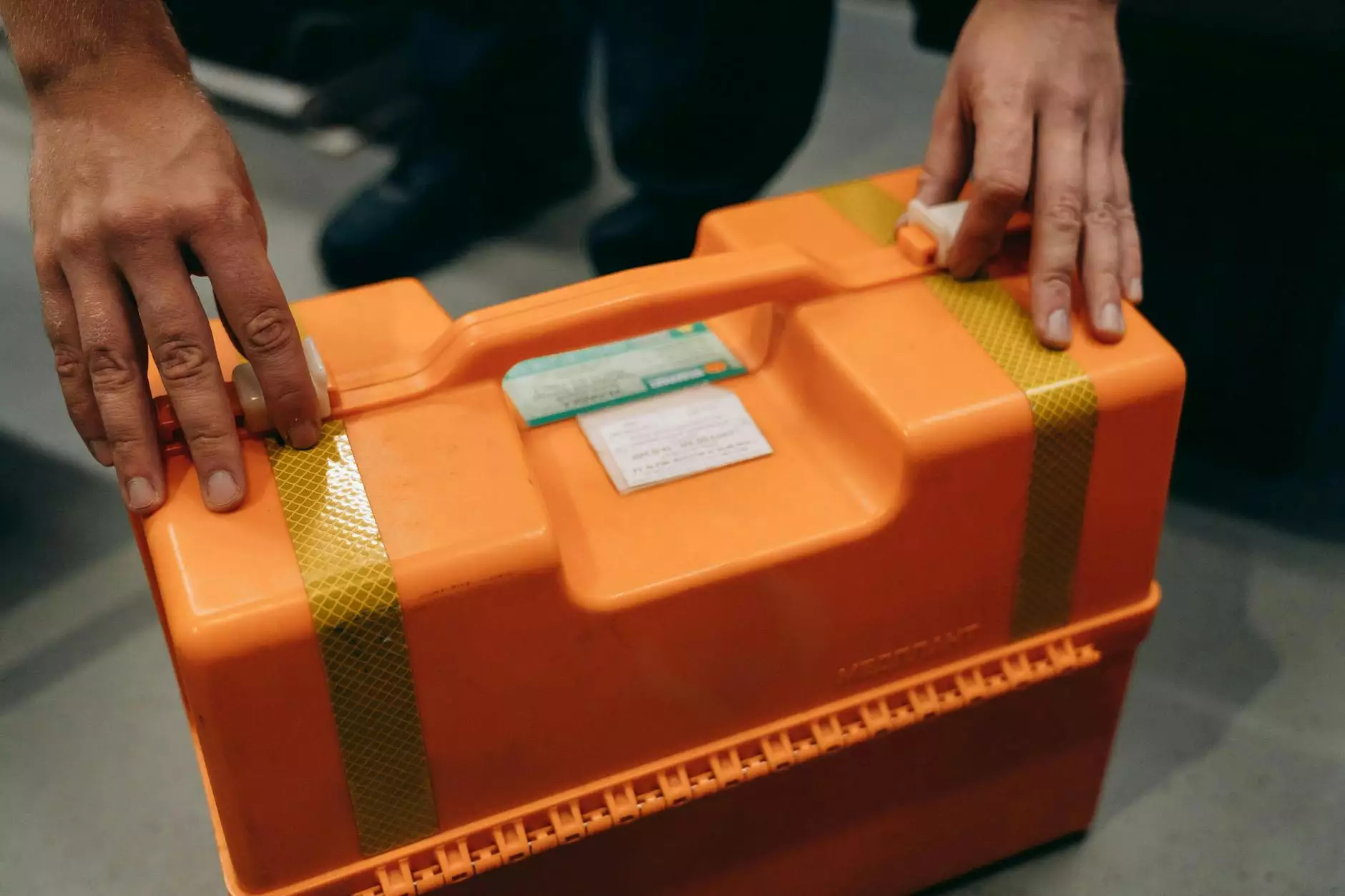The Ultimate Guide to Anti Altitude Sickness Medicine

With more and more people adventuring to high altitudes for skiing, trekking, or business trips, the risk of altitude sickness has become a significant concern. Understanding anti altitude sickness medicine is crucial for travelers who want to enjoy their trips without the discomfort of altitude-related symptoms. In this article, we will explore what altitude sickness is, how anti altitude sickness medicines work, and tips for safe high-altitude travel.
What is Altitude Sickness?
Altitude sickness, also known as acute mountain sickness (AMS), commonly occurs when you ascend to high altitudes too quickly. The decrease in oxygen levels can lead to various symptoms, including:
- Headache
- Nausea
- Fatigue
- Dizziness
- Insomnia
These symptoms are a direct result of the body struggling to adapt to lower oxygen levels present at high altitudes, typically above 8,000 feet (2,400 meters).
Understanding Anti Altitude Sickness Medicines
Anti altitude sickness medicine refers to medications that are designed to either prevent or alleviate the symptoms associated with altitude sickness. Here are some commonly used types:
1. Acetazolamide (Diamox)
Acetazolamide is one of the most prescribed medications for preventing and treating altitude sickness. It works by:
- Acidifying the blood, which encourages the body to breathe more rapidly
- Increasing the oxygen saturation in the blood
Many travelers report that taking Acetazolamide before ascending to high elevations helps them acclimatize more efficiently.
2. Dexamethasone
Dexamethasone, a corticosteroid, is primarily used for treating severe forms of altitude sickness, such as High-Altitude Cerebral Edema (HACE). It helps reduce inflammation in the brain and alleviate symptoms such as severe headaches and confusion.
3. Ibuprofen and Aspirin
While not specific anti altitude sickness medicines, over-the-counter pain relievers such as ibuprofen and aspirin can help reduce headaches and other mild symptoms associated with altitude sickness.
How to Use Anti Altitude Sickness Medicines
When it comes to using anti altitude sickness medicine, timing and dosage are key factors for effectiveness:
Before You Go
Consulting with a healthcare professional about appropriate medications before embarking on a trip is crucial. They may recommend starting a regimen of Acetazolamide 1-2 days prior to your ascent.
While Traveling
Continue using the prescribed medicines as you ascend. It is advisable to monitor your body’s response and travel at a gradual pace to give your body time to adapt.
Prevention: Tips for Safe High-Altitude Travel
In addition to using anti altitude sickness medicine, following these tips can significantly reduce the risk of altitude sickness:
1. Ascend Gradually
Aim for a gradual ascent to allow your body to acclimatize. Try to stay at a certain altitude for a few days before moving higher.
2. Stay Hydrated
Drinking enough water is crucial. Dehydration can exacerbate symptoms and hinder your body’s ability to adjust to altitude changes.
3. Limit Alcohol Consumption
While it may be tempting to unwind with a drink, alcohol can impair your body's ability to acclimatize and may increase the risk of altitude sickness.
4. Recognize Symptoms Early
Being aware of the symptoms of altitude sickness can help you take action early. If you or your companions start to feel unwell, it’s essential to descend to a lower altitude and rest.
The Benefits of Using Anti Altitude Sickness Medicines
Utilizing anti altitude sickness medicine can transform your experience at high elevations:
- Improved Acclimatization: Medicines like Acetazolamide can promote quicker acclimatization, allowing you to enjoy your adventure more fully.
- Symptom Relief: In case you do encounter symptoms, effective relief can be found with the right medications.
- Peace of Mind: Knowing you have preventative measures in place can make your journey less stressful and more enjoyable.
Conclusion
In summary, understanding and utilizing anti altitude sickness medicine can significantly enhance your ability to enjoy high-altitude adventures. As travel increases to beautiful mountainous ranges, being proactive in managing altitude sickness not only ensures safety but also elevates the overall travel experience.
With proper planning, awareness, and effective utilization of medications, you can embark on your mountain adventures with confidence. Remember to consult a healthcare professional regarding the best options for you, and consider incorporating preventive strategies to optimize your experience at high elevations.
Explore more about such essential information and products on our website, loseweightlossmeds.com.









